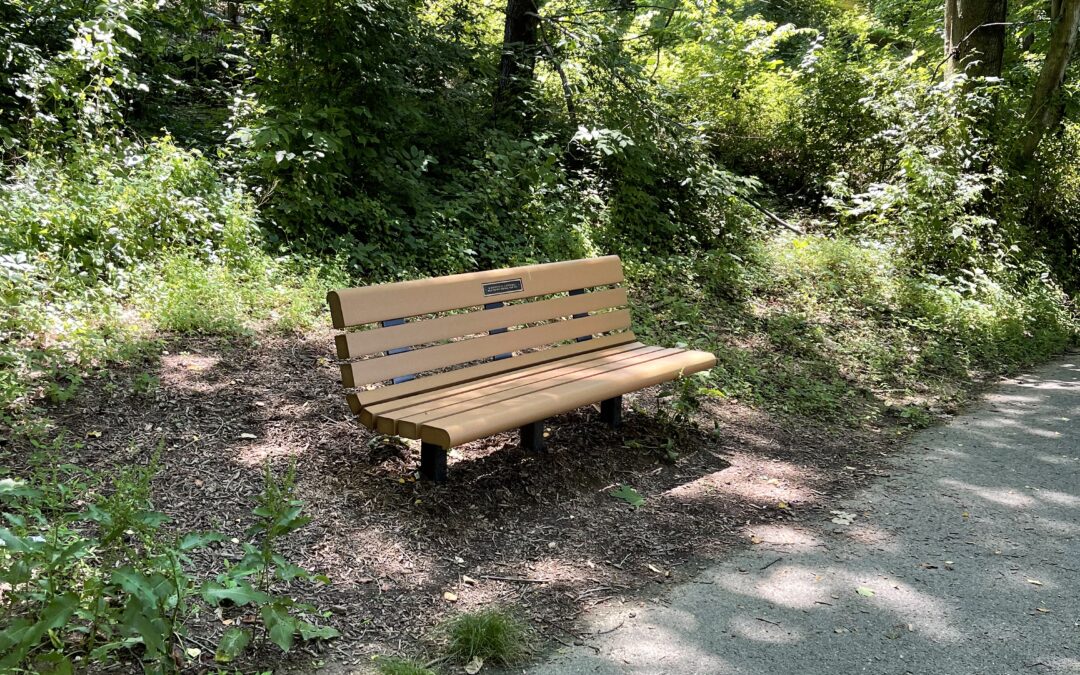Grief Public Service Announcement #5 of 10: “Many of us want to talk about our loved ones long after they have died.”
Click here for original post.
Recall that we have discussed:
GPSA #1: Time does not heal all wounds.
GPSA #2: When we lose someone we love they never go away.
GPSA #3: We can welcome the experience of grief without welcoming the loss itself.
GPSA #4: There is no right thing to say.
We first shared this concept back in August, 2021. And it bears repeating, because my experience is that it can be very surprising, counter-intuitive even because we are so conditioned to walk on eggshells around someone in pain.
Applying the “This person is so fragile that it might break them if I ask about the person who has died” approach really does a dis-service to that person in grief, and to you. Because as you are trying so hard not to say the wrong thing, you allow the person in grief to slip further into isolation and feelings of being alone, unseen and unheard. And at the same time, you both miss the chance to connect with authenticity, and in the long run miss out on shared wisdom, experiences and belonging.
Since grief is part of the human condition, wouldn’t it make sense to try and learn from others who have gone before us, just as we do with anything we are trying to learn? Shouldn’t we look for signs that our loss is survivable, and wouldn’t we want to learn best practices from someone who has walked the walk, so we don’t have to fall on our faces, alone, for 20 years like I used to?
Yet we don’t have these role models to learn from because we are all taught that once the person dies, that we should not, as in, not ever, bring the deceased person up again, unless the person grieving does it first. This works fine if we want to struggle trying to keep our heads above the grief threshold at all costs until we die.
But if we are interested in peace and a less rocky existence, we want to talk about the deceased. We want to find small ways of including them in holidays, or meaningful moments or even our day to day activities. One of the ways we can do this when we are hurting, is for someone else to gently ask how we are doing, or what it is like to live without our loved one. It can be a gift, even when it hurts (and it does hurt) to have the chance to try and express our feelings.
Questions like these can open the door for communication, without assuming the person wants to talk:
“How are things for you?”
“How is it living without your daughter?”
“Have you experienced physical symptoms of grief? I have heard they can be difficult to manage.”
The key is to listen to the answer, and look for it in their body language, before digging deeper. The person will likely move to the next subject if they don’t want to talk about their loved one, but even if that is the case, they know you are thinking of them and that is where this becomes a gift. It is the gift of unconditional presence.
And by all means, don’t ask if you don’t care, or don’t have time to listen to the answer. Because worse than the challenge of opening up to begin with, is to bare our souls and feel abandoned when the person who asked the question is day dreaming during our response, or running off to their next meeting.

